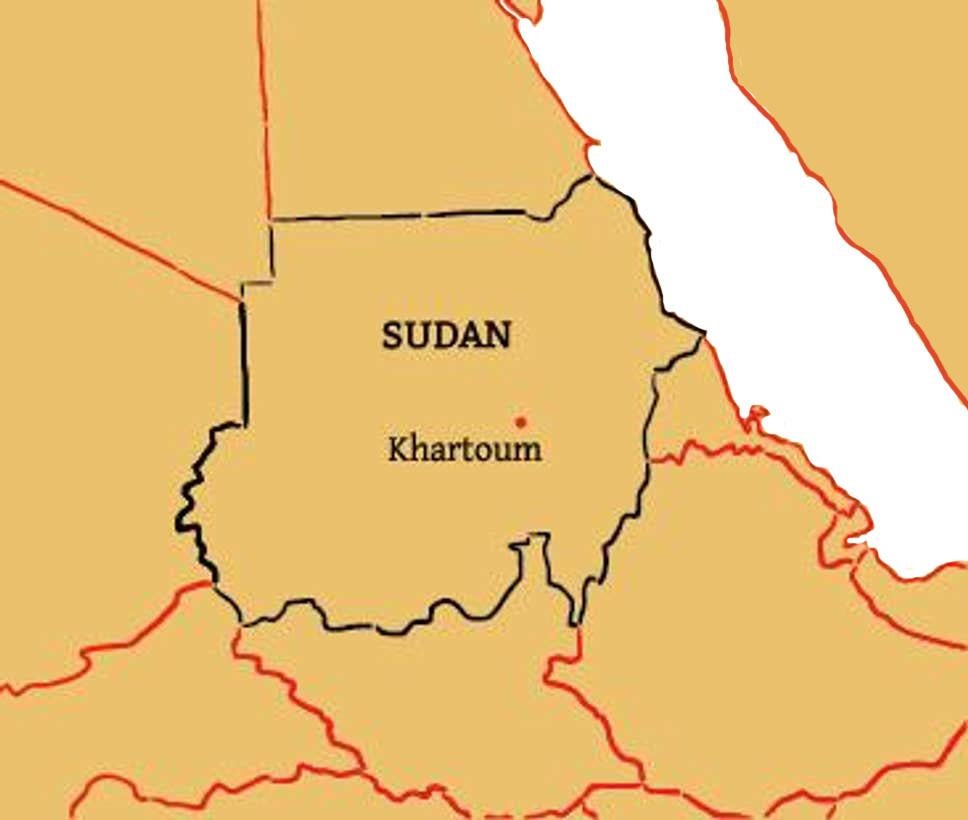Middle East explained: What’s happening in Sudan and is peace likely?

In the first of a new weekly series on the complexities of the Middle East, Ahmed Aboudouh explains the new deal in Sudan
A new political accord was signed this week in Sudan. The ruling Military Transitional Council and the opposition coalition, Forces of Freedom and Change (FFC), have agreed to share power during a three-year transition period. General Mohamed Hamdan Dagalo (also known as Hemedti), deputy head of the TMC, signed the deal, which will create a sovereign council to oversee the transitional period. The sovereign council will include five military officers, five civilians and one more civilian member to be agreed upon by both sides. It also includes signing a constitutional declaration in the coming days, and launching an independent investigation into the killings since the uprising against President Omar Hassan al-Bashir in December, which ended his 30-year rule.
Who signed the deal?
The FFC, on behalf of the protesters, who demand democracy and civilian rule, and the MTC, which consists of Mr Bashir’s top generals. Mediators from Ethiopia and the African Union think the deal will be enough to defuse the standoff between the soldiers and civilians in Sudan, but other political forces seem unhappy. The Revolutionary Front, a coalition of armed militias involved for years in several civil wars against the Bashir regime in Darfur, the Blue Nile, South Kordofan and the Nuba Mountains provinces, refused to be part of the agreement, sighting differences with the FFC on power-sharing quotas. The Communist Party, which played a vital role in mobilising and organising mass protests against Mr Bashir and the military, said the FFC has given too many concessions to the generals. The accord demands that a legislative council is set up within three months. This council would enact laws and monitor the work during the transitional period. But many politicians say the military insisted on kicking the council into the long grass in an attempt to circumvent FFC demands to have a mandate to appoint 67 per cent of the council’s members.
What is the UK’s position?
Britain has formed a troika with the US and Norway to monitor the Sudan uprising and pressure the military junta to respect the people’s demands for freedom and democracy. The troika played a vital role encouraging other western countries to support the democratic demands, and thwarted Russia and China’s attempts to step in and fill the vacuum in this strategically important country of 40 million, which controls the routes between the horn of Africa, Egypt, north Africa and Europe. The country was considered a stronghold of al-Qaeda’s founder Osama bin Laden, and is still featured on the American state sponsor of terrorism list. In the past few days, the US has put pressure on both parties and thrown its weight behind signing a deal. In Europe, there was a major concern about compromising Sudan’s stability, which could result in a bigger wave of refugees than seen during the climax of the conflicts in Syria and Libya.
What does the deal mean for the regional powers?
Many countries in the Middle East don’t want any kind of democratic rule in Sudan, especially the Arab bigwigs in Egypt, Saudi Arabia and the UAE. For Egypt, which has always viewed Sudan as its backyard, the deal is a major failure. It gives Ethiopia, Egypt’s main African rival and a central mediator in the negotiations, big leverage over the newly founded system, after president Abdel Fattah al-Sisi chose to side with his military fellows in Sudan. The FFC leaders have always felt dubious about Egypt’s intentions and its history with popular uprisings. The Saudis and Emiratis want to groom Hemedti into the future leader of Sudan, which is a matter of concern among democratic activists. Hemedti’s forces are doing the heavy lifting against the Houthi rebels in Yemen, where he has sought to position himself as a balancing bulwark against Iran. Wealthy Gulf states are interested in investing in Sudan’s agriculture and strategic ports.
So is this the end?
No, it may only be the beginning. The transitional period it expected to lack stability, and trust between the two main parties is fragile. The generals have asked for total immunity against prosecution in the next three years. Many analysts think the generals will not concede power that easily, which means protesters have to keep up the pressure on the military. The FFC will have to maintain its ability to mobilise people on the street whenever needed. Clashes between the military and civilians are inevitable and the west will have a part to play in keeping the military in check if it wants to see real democracy in Sudan. The Sudanese will overcome their own differences if they are allowed to. The chronic problem will always be interference from undemocratic regional powers, which seem capable of plunging Sudan into revolution and creating uncertainty.
Join our commenting forum
Join thought-provoking conversations, follow other Independent readers and see their replies
Comments